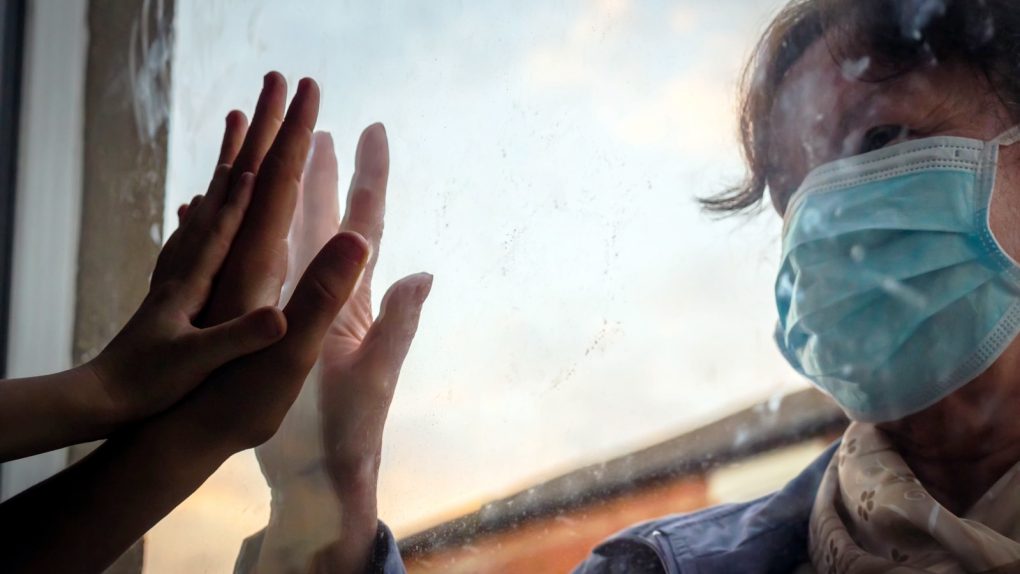- The world is racing to develop coronavirus cures with incredible speed, but not all researchers are looking to create brand new drugs.
- Some are considering other ways to treat COVID-19, and they think vaccines and asymptomatic patients may help solve a crucial coronavirus mystery that leads to lower mortality rates.
- Researchers think that some of the vaccines administered to prevent other infectious diseases, including measles and tuberculosis vaccines, may have trained the immune system to mount an unexpected response against the novel coronavirus.
The world just passed 20 million cumulative coronavirus cases, and nearly 750,000 people have died of COVID-19 complications as of Tuesday morning. Sadly, many thousands more will die in the weeks and months to come. The pandemic is hardly over and some countries are yet to contain their outbreaks. The United States, for example, has done the worst job in the world of containing the spread of COVID-19 and it continues to register tens of thousands of new cases each day.
It might not seem like it, but the world is actually in much better shape than it was a few months ago when it comes to dealing with the illness. Some countries have even managed to stop the first COVID-19 wave. Doctors treating severe patients who require oxygen therapy and ventilation are saving more lives than before. Several drug therapies have been devised to manage the illness better, and quite a few experimental vaccines have reached the final stage of testing. Similarly, other meds explicitly created to induce an immune response are in promising clinical trials.
The scientific community shows no signs of stopping, with each week brings us new COVID-19 discoveries that could turn out to be useful in the development of new protocols to deal with the pandemic. Some researchers are also studying an exciting premise that says existing vaccines and asymptomatic coronavirus cases may hold the key to figuring out how to beat this pandemic.
It’s not the new coronavirus vaccine candidates that are in the works right now that we’re talking about. There are more than 150 of those in the works, with about a dozen having reached clinical trials. A handful have even reached Phase 3 of testing in different countries, and at least a few should be approved by late fall or winter.
Those vaccines may prevent COVID-19 infections in the future, but some researchers are more interested in different vaccines when it comes to asymptomatic COVID-19 cases. It’s the childhood vaccines an individual received for other infectious diseases that could have delivered an unexpected side-effect. The immune systems of those individuals may be in a better shape to deal with a new pathogen like SARS-CoV-2, the virus that causes COVID-19. This is a crucial coronavirus mystery, and explaining it could open all sorts of new doors.
“When we looked in the setting of COVID disease, we found that people who had prior vaccinations with a variety of vaccines — for pneumococcus, influenza, hepatitis, and others — appeared to have a lower risk of getting COVID disease,” Dr. Andrew Badley of The Mayo Clinic told CNN’s Anderson Cooper.
Badley likened the immune system to a muscle. “The more you exercise that muscle, the stronger it will be when you need it.”
Researchers are still looking into the matter. In June, a team of American researchers proposed giving some people a booster dose of the MMR vaccine (measles, mumps, and rubella) to see if it can prevent more severe cases of COVID-19. Others looked at the tuberculosis vaccine Bacillus Calmette-Guerin (BCG) and concluded that countries with people who received the drug had fewer COVID-19 deaths.
Asymptomatic spreaders may not experience any symptoms, but they’re not immune. Their bodies do show signs of a fight with the virus in tests like CT scans and bloodwork. Researchers also showed that asymptomatic patients have as much virus in their systems as symptomatic cases. Asymptomatic people are indeed infected and can spread the virus, but they clear the infection more efficiently than others, and they do it without any noticeable discomfort.
If these findings can be confirmed, they may help shape public health policies for the COVID-19 pandemic and help some countries manage the illness until the first COVID-19 vaccines and therapeutics are approved. Also, there’s no guarantee that any of the current COVID-19 vaccine candidates or new meds will work, in which case other therapies will need to be devised to reduce complications and lower mortality rates.
Separately, a few studies in the past few months showed that even a common cold — which is caused by one of the milder human coronaviruses that predate SARS-CoV-2 — could generate immune responses that are useful in fighting COVID-19. Research has suggested that the T cells and white blood cells that result from common colds can recognize the novel coronavirus and fight it.








